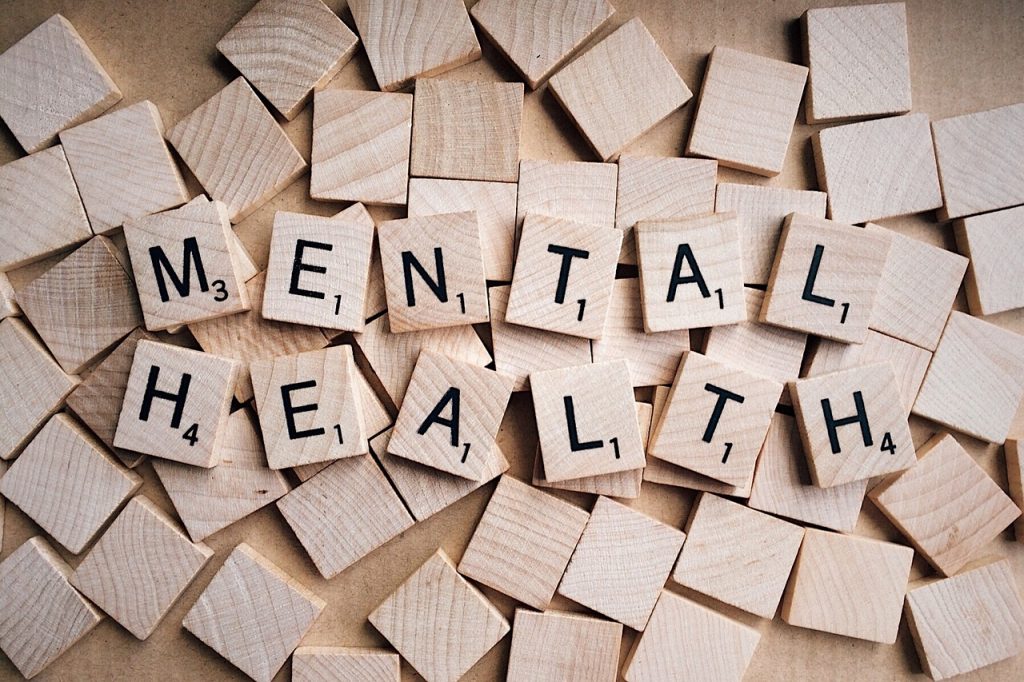If you’re having trouble with your mental health, it’s important to reach out for help. While there are many ways that people get together in order to help each other, the most effective way is to see a doctor. The following signs indicate that you may be suffering from some sort of mental illness:
You Are Avoiding Social Engagement:
If you avoid social engagement, it could be a sign that you are suffering from mental problems such as depression or anxiety disorder. Social isolation can also occur in people who have developed an addiction to drugs or alcohol, as well as those who have obsessive compulsive disorder (OCD). In any case, it’s important that you get help for your condition if it persists for more than two weeks at a time.
You Are Sleeping Too Much or Too Little:
If you are sleeping more or less than normal, it could be a sign of mental health problems. Sleep is important for everyone, but if you’re sleeping too much or too little, this can cause symptoms that interfere with your ability to function daily life.
If you wake up feeling tired and sleepy all day long, then this may indicate depression. If you find yourself waking up frequently at night with similar symptoms (such as feeling irritable), then this could be an indication of anxiety.
You’re Eating Too Much or Too Little:
Eating too much or too little is a sign of mental health problems. It can be an indicator of depression, anxiety and other mental health issues.
Eating disorders include anorexia nervosa (loss of appetite), bulimia nervosa (bingeing) and binge-eating disorder.
You Have No Energy to do Anything:
If you have a mental illness, it can cause your energy levels to be low. This can make it difficult for you to do things that are physically demanding or require mental focus. The good news is that there are many activities that you can do to increase your overall energy level, including exercise and eating well.
To help with your low-energy symptoms:
- Exercise regularly—even if it isn’t intense or rigorous (walking is great!)
- Exercise regularly—even if it isn’t intense or rigorous (walking is great!)Exercise regularly—even if it isn’t intense or rigorous (walking is great!)Exercise regularly—even if it isn’t intense or rigorous (walking is great!)Exercise regularly—even if it isn’t intense or rigorous (walking is great!)Exercise regularly—even if it isn’t intense or rigorous (walking is great!)
Feeling Negatively About Yourself and Others:
You may feel like you are worthless. This can occur when your self-esteem is low and you start to doubt that what you do matters at all. It may also happen if someone else is criticizing you, or if they tell a joke that makes fun of how much weight your family has gained in the last month. If this happens often, then it’s possible that your feelings of worthlessness are caused by an underlying mental disorder called Low Self-Esteem Syndrome (LSES).
You Can’t Control Your Emotions Anymore:
- You are feeling sad, angry, or anxious.
- You feel guilty, ashamed, or worthless.
- You feel hopeless or helpless.
- You have a nervous breakdown due to stress from work and family problems that have been going on for too long (or if someone close to you has died). In this case, you may need counseling or medication to help deal with what is going on in your life at the moment!
See a doctor
You have a nervous breakdown due to stress from work and family problems that have been going on for too long (or if someone close to you has died). In this case, you may need counseling or medication to help deal with what is going on in your life at the moment!
It’s normal for people who are going through difficult times—like exams at school or job interviews—to feel anxious about what is happening in their lives. These feelings can cause them some distress: however, if these feelings become too intense for long periods of time (for example, if they interfere with sleeping), then this could indicate that there is something more serious going on inside of your body than just stress from schoolwork!
Conclusion
If you are aware of any of the signs in this article, it is highly recommended that you see a doctor.








